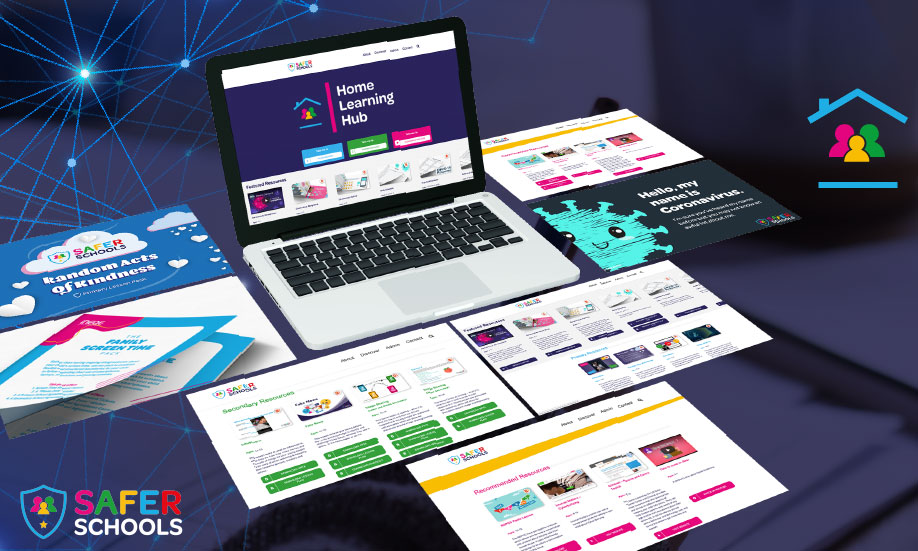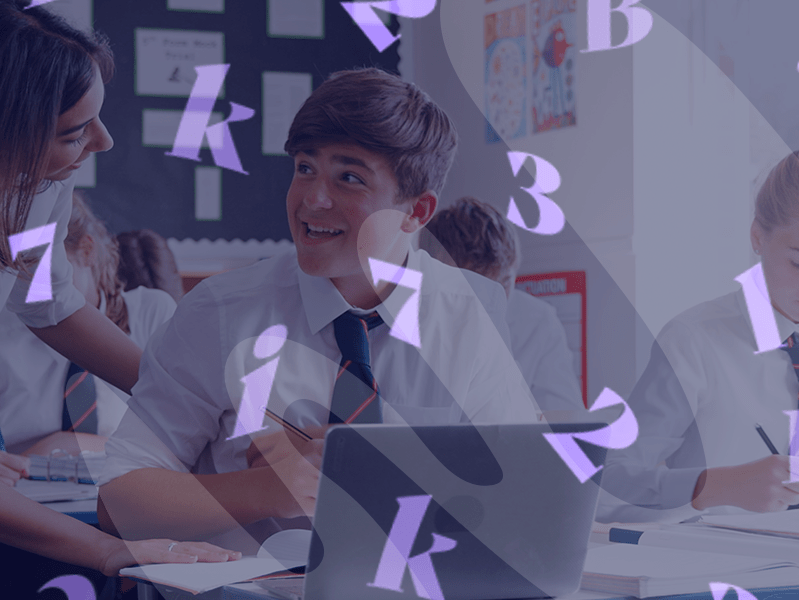Last Updated on 5th April 2024
Read the script below
Hello and welcome to the very first Safeguarding Soundbites of 2023 – I hope you had a fantastic Christmas and from all of us here at INEQE Safeguarding Group, Happy New Year! As we pack away the tinsel and finish off the mince pies, we’re looking to the year ahead and how we can continue to work together as a community to create a better, safer digital world for our children and young people. As always, we’re also going to take a look at what’s been hitting the headlines in safeguarding news, so let’s start 2023 like we mean to go on and get stuck in!
New research has found that frequent checking of social media by young people could cause brain development changes. The findings come from a three-year study of over 170 adolescents and found that children may become more sensitive to feedback from their peers due to frequent and increased social media use. Nearly 80% of participants checked their devices at hourly intervals each day.
Teenage years are a crucial time for brain development and with this study showing that social media use could influence young people’s sensitivity to social feedback, it’s important to think about screen time use. And, of course, it’s the perfect time of year to start new, healthy habits! Search ineqe.com for ‘screen time’ to find information and advice on healthy screen time habits.
And speaking of resolutions, we’ve put together five new year resolution ideas for the whole family, all designed to help you have a safer 2023 online. Visit our online safety section at ineqe.com to find our New Year, New Digital Resolutions suggestions.
As children and young people start back to school, parents are being reminded to keep their children off school, should they show signs of illness, such as fever or feeling unwell. The advice comes amidst a rise in cases of Covid-19, flu, and strep A. Check the NHS website for more information on signs to look out for and advice on what to do and how to keep yourself and your children safe.
Social media moderators have anonymously spoken out concerning working conditions that could result in safeguarding failings. The whistle-blowers have revealed they are expected to check an unrealistic amount of content per day, which could result in harmful content being missed and viewed by children or young people. In an eight-hour shift, moderators say they are expected to watch 40 hours’ worth of video – up to 1,700 videos.
The social media moderators have also spoken out about concerns regarding the extreme materials that platforms allow to be published and that users might feel encouraged to post more and more extreme violent and sexual materials as it generates more attention – and often, more money.
New research has shown that virtual reality games might help in the early diagnosis of conditions such as autism and ADHD. Researchers found that VR games, combined with eye tracking and machine learning systems, could potentially recognise key signs of neurodivergence. This includes differences in eye movements, dealing with distractions and task performance. Researchers also hope that VR tech could be used in the future as an aid to ADHD rehabilitation.
The number of children in England needing treatment for serious mental health problems has risen dramatically. NHS figures show a rise of 39% in mental health referrals over the past year, including referrals for depression, anxiety, eating disorders and self-harm. If you’re worried about a child or young person in your care, search our website ineqe.com for ‘mental health’ to find further resources and signposting.
A delay to free school meals for children in Scotland has been criticised by the teachers’ union EIS as ‘shameful’. The scheme would provide all primary pupils with free school meals and was due to be fully rolled out by August 2022 but delays now mean Primary 6 and Primary 7 pupils aren’t likely to see the scheme until 2024.
Looking ahead to 2023, we’ve got plenty of exciting things happening here at INEQE. We will be launching a picture book and interactive video resource to help introduce social media safety to the children in your care. We’re also looking forward to Safer Internet Day in February when we’ll be bringing you lots of great content about how to stay safe online and raise awareness of the risks faced by children and young people in the digital space. News wise, we’ll be keeping our eyes on the Online Safety Bill as it continues to pass through parliament – you can find out more about the bill by searching ineqe.com for ‘online safety bill’.
So that is our first episode of 2023 finished. We want this to be the biggest year yet for Safeguarding Soundbites as we’ve lots of changes in the works to make our podcast even bigger and better so stick around! In the meantime, we’d love for you to share this episode with friends, family and colleagues so we can all work together to keep the children and young people in our care safer online.
That’s all from us this week, we’ll be back next week with more news, advice, and alerts. Thank you for tuning in and I’ll speak to you next week!
Join our Online Safeguarding Hub Newsletter Network
Members of our network receive weekly updates on the trends, risks and threats to children and young people online.
Pause, Think
and Plan
Guidance on how to talk to the children in your care about online risks.

Visit the Home Learning Hub!
The Home Learning Hub is our free library of resources to support parents and carers who are taking the time to help their children be safer online.













